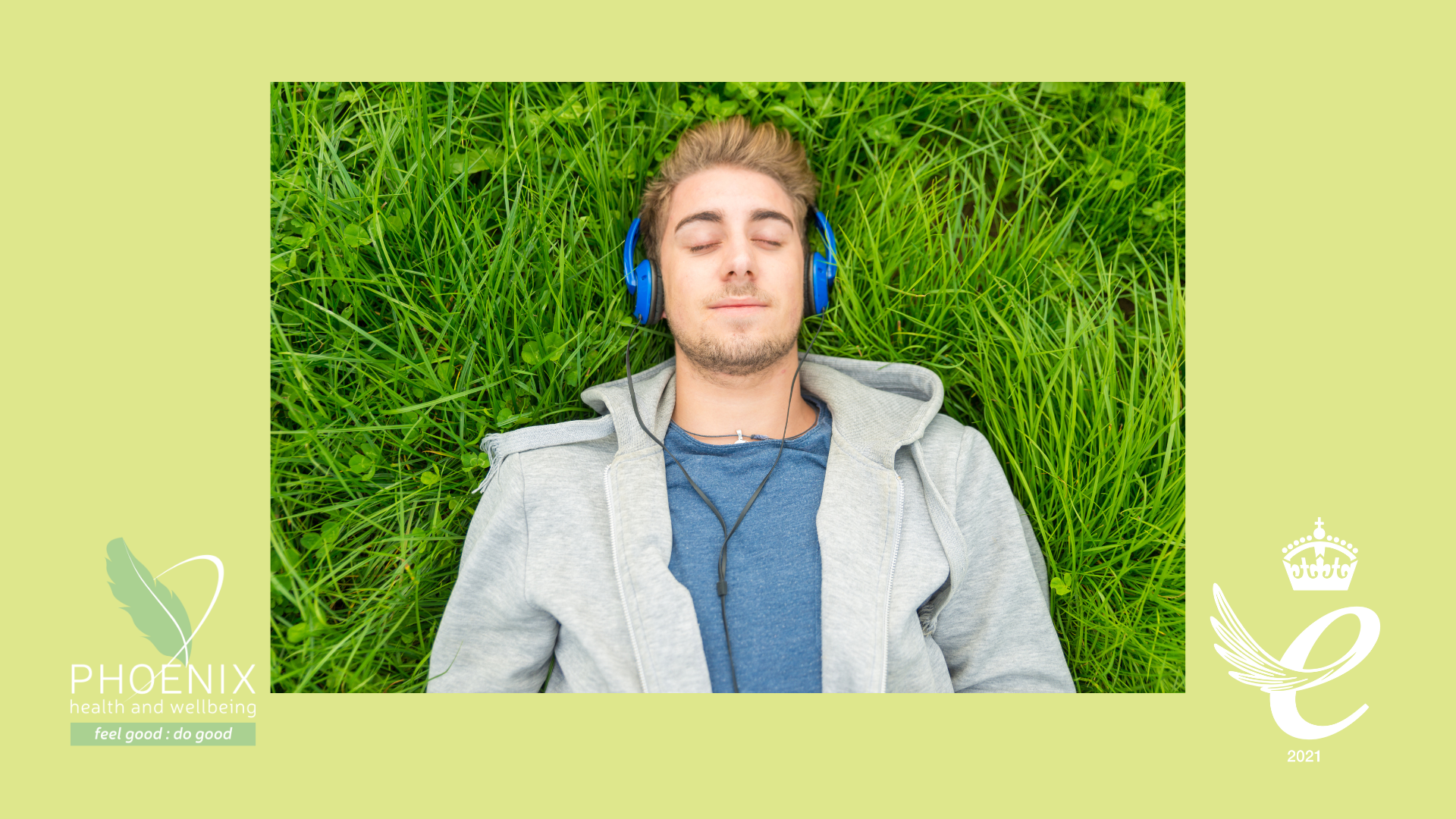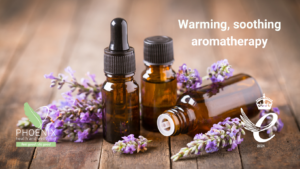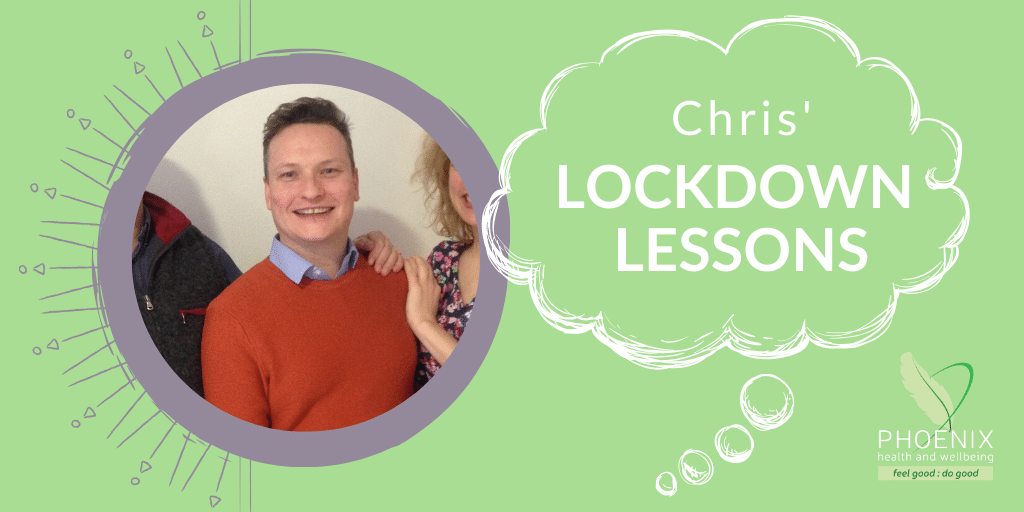
The Science Behind Relaxation: Why It’s Essential for Wellbeing
April is Stress Awareness Month so we thought we’d focus on some antidotes to stress! The first is simply relaxation. Why is it so important to our wellbeing?
In our fast-paced world filled with deadlines, commitments, and constant connectivity, the idea of relaxation might seem like a luxury rather than a necessity. However, research suggests that relaxation is not just a fleeting indulgence but a crucial component of maintaining optimal mental and physical health. In this blog, we delve into the science behind relaxation, exploring why it’s important and how it can positively impact our lives.
Understanding stress and relaxation
 To comprehend the importance of relaxation, it’s essential to first understand its counterpart: stress. Stress is the body’s natural response to challenges and threats, triggering the release of hormones such as cortisol and adrenaline. While stress in small doses can be beneficial, chronic stress can have detrimental effects on both mental and physical health.
To comprehend the importance of relaxation, it’s essential to first understand its counterpart: stress. Stress is the body’s natural response to challenges and threats, triggering the release of hormones such as cortisol and adrenaline. While stress in small doses can be beneficial, chronic stress can have detrimental effects on both mental and physical health.
Relaxation, on the other hand, is the antidote to stress. It involves activating the body’s relaxation response, a state of deep rest that counteracts the physiological effects of stress. When we relax, our heart rate decreases, blood pressure lowers, and muscle tension releases. Moreover, relaxation promotes psychological well-being by reducing anxiety, improving mood, and enhancing overall quality of life.
The science behind relaxation
Numerous studies have investigated the physiological and psychological benefits of relaxation techniques such as meditation, deep breathing, progressive muscle relaxation, and mindfulness. One notable study conducted by Harvard Medical School demonstrated that practicing relaxation techniques can lead to genetic changes that counteract the effects of stress on the body. The researchers found that participants who regularly engaged in relaxation practices exhibited changes in gene expression associated with inflammation, stress, and immune function, indicating a profound impact on overall health.
Furthermore, research published in the Journal of Alternative and Complementary Medicine suggests that relaxation techniques can significantly reduce symptoms of anxiety and depression. By activating the body’s relaxation response, individuals can experience improvements in mood and emotional well-being, making relaxation an effective tool for managing mental health conditions.
The benefits of relaxation
The benefits of relaxation extend beyond stress reduction and mental health improvements. Studies have shown that regular  relaxation can also enhance cognitive function, improve sleep quality, and boost immune function. Research conducted at the University of California, Berkeley, revealed that taking breaks and engaging in relaxation activities throughout the day can improve focus, productivity, and creativity, highlighting the importance of incorporating relaxation into daily routines.
relaxation can also enhance cognitive function, improve sleep quality, and boost immune function. Research conducted at the University of California, Berkeley, revealed that taking breaks and engaging in relaxation activities throughout the day can improve focus, productivity, and creativity, highlighting the importance of incorporating relaxation into daily routines.
Moreover, relaxation has been linked to better cardiovascular health, with research published in the Journal of the American Heart Association suggesting that relaxation techniques such as meditation and deep breathing can lower blood pressure and reduce the risk of heart disease. By promoting relaxation, individuals can protect their cardiovascular system and reduce the likelihood of developing chronic health conditions.
Incorporating relaxation into daily life
 Given the myriad benefits of relaxation, it’s essential to prioritise self-care and make time for relaxation activities in our daily lives. Whether it’s practicing mindfulness meditation, going for a leisurely walk, or simply taking a few moments to breathe deeply and unwind, finding what works best for you is key to reaping the rewards of relaxation.
Given the myriad benefits of relaxation, it’s essential to prioritise self-care and make time for relaxation activities in our daily lives. Whether it’s practicing mindfulness meditation, going for a leisurely walk, or simply taking a few moments to breathe deeply and unwind, finding what works best for you is key to reaping the rewards of relaxation.
Incorporating relaxation into daily routines doesn’t have to be time-consuming or complicated. Even short breaks throughout the day can make a significant difference in reducing stress levels and promoting well-being. By carving out time for relaxation, individuals can recharge their batteries, enhance resilience to stress, and cultivate a greater sense of balance and harmony in their lives.
Simply breath
One of the most effective relaxation techniques that can be practiced any time, any place, anywhere is simply breathing into the depths of your lungs.
Simply put……
- As part of our stress response we take short shallow breaths into the tops of the lungs
- This is communicated to the brain and sets off a chain reaction to intensify the stress response
- Breathing into the depth of our lungs overwrites this message and breaks the cycle allowing the system to relax
Sometimes called diaphragmatic breathing, you just place one hand on your tummy and breath in, such that you feel your hand move as your abdomen expands with the inhalation. It’s helpful to count as you breath in and out – try counting to 3,4 or 5. See what works for you
If you practice this regularly it will really help you to manage your stress levels and relax.
To wrap up
Relaxation is not a luxury but a fundamental aspect of maintaining optimal health and wellbeing. From reducing stress and anxiety to improving cognitive function and cardiovascular health, the benefits of relaxation are undeniable. By prioritising self-care and incorporating relaxation techniques into daily routines, individuals can experience profound improvements in both mental and physical health.
Research continues to show the benefits of relaxation. It has become increasingly clear that relaxation is not only enjoyable but essential for thriving in today’s hectic world. So, take a deep breath, unwind, and embrace the power of relaxation for a healthier, happier life.
References:
- Epel, E., et al. (2013). Can Meditation Slow Rate of Cellular Aging? Cognitive Stress, Mindfulness, and Telomeres. *Psychoneuroendocrinology,* 38(9), 2364–2373.
- Kabat-Zinn, J., et al. (1992). Effectiveness of a Meditation-Based Stress Reduction Program in the Treatment of Anxiety Disorders. *American Journal of Psychiatry,* 149(7), 936–943.
- Zgierska, A., et al. (2016). Mindfulness Meditation for Substance Use Disorders: A Systematic Review. *Substance Abuse,* 37(4), 570–578.
- Pascoe, M., et al. (2017). Meditation Lowers Stress and Supports Forgiveness Among College Students: A Randomized Controlled Trial. *Journal of American College Health,* 65(4), 259–267.
- Kozasa, E., et al. (2018). Meditation training increases brain efficiency in an attention task. *NeuroImage,* 165, 118–126.
Phoenix Health & Wellbeing is a charitable social enterprise based in West Yorkshire. By using our workplace wellbeing services, counselling, acupuncture or massage sessions you are helping us to continue with our charitable work. We use the proceeds of these sessions to subsidise treatments for people who have chronic health issues and low incomes. Roughly £4 of every £10 spent with us will go to help others. Find out more about our charitable work here
Health insurance and treatments at Phoenix
If you have private health insurance, you may be able to claim for some or all of the cost of your counselling, acupuncture or massage therapy. Check your policy.
Opening times:
Monday to Thursday from 10:00 to 20:00
Friday and Saturday from 10:00 to 16:00




